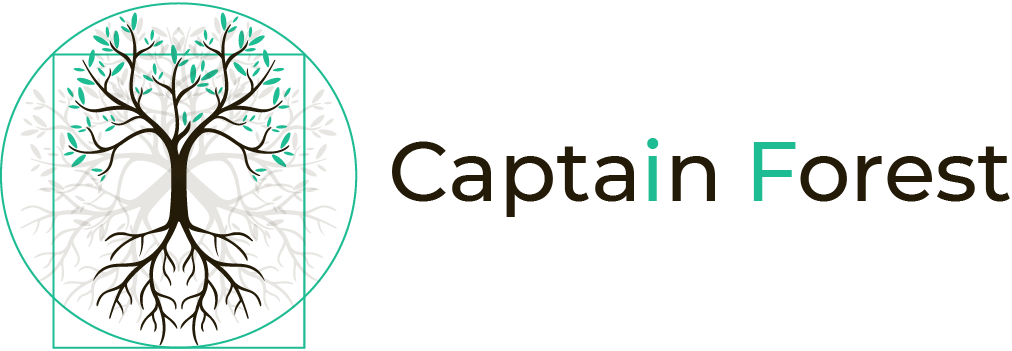How Does Interaction with Nature Help Us Develop Our Senses?
We often choose to ignore the fact that we are part of nature. Today, because we are separated from nature, our senses are not as developed as the ones of our ancestors or animals. Can we experience the world with the same depth and richness as our ancestors or animals?
Because our ancestors lived in forests and needed to identify threats and prey, their senses were much more heightened.
Since we share the same biological and physiological characteristics, it is very well possible to explore the world with the same depth and richness as they did.
In his book ‘Inner Life of Animals‘, Petter Wohlleben asks this question and explains that interaction with nature help us develop our six senses. What can we practically do?

N°1 – Interacting with nature to develop the sight sense
We must remember that not all mammals can see all colors.
For example, dolphins only see in black and white, while cats, dogs, and deer can’t see green and red. Humans are lucky to see so many colors, especially green, a color activating the healing process.
Moreover, it is essential to note that humans living in urban areas lose their visual acuity as they spend less time in wide-open spaces and don’t develop their peripherical vision.
To reactivate our sense of sight, we must spend more time indulging in natural surroundings, observing natural colors, and looking at the horizon. As a bonus, this also helps our body feel more relaxed.
N°2 – Interacting with nature to develop the hearing sense
This sense atrophies as we spend less time in nature hearing and recognizing the multiple natural sounds.
To reverse this trend and develop our hearing, we must often be exposed to the sounds of nature instead of city noise. An exercise to build hearing would be to close the eyes and identify noise, whether loud or subtle, near or distant.
N°3 – Interacting with nature to develop the smell sense
Less used than sight and hearing, this sense helps us choose food since our nose, bronchial tubes, and small intestine have olfactory receptors.
Also, our sense of smell can serve well to detect the presence of natural elements, for example, smelling water from a distance.
Today, because we are exposed to artificial odors, we can lose our faculty to smell natural scents. Do we know all the subtle fragrances of nature: soil when wet or dry, forests in winter or spring, salty sea or fresh river water?
When walking in natural spaces, we can take deep breaths and emphasize our attention on odors to explore nature in depth.

N°4 – Interacting with nature to develop the taste sense
Our palates have changed because we eat less natural food, and industries add numerous chemical flavors to make food irresistible.
The good news is that our tongues can fully regenerate within weeks.
As our palate, nose, and intestine are related, spending time in the forest smelling natural odors and eating natural fruits could relieve our body.
N°5 – Interacting with nature to develop the touch sense
This sense is essential as it complements sight but is less used because we overuse smartphones and technologies.
To use this sense more often, touching natural things (soil, rocks, trees, etc.) helps reactivate it and develop a more intense relationship with nature.
N°6 – Interacting with nature to develop the sixth sense
It is physically present in the forehead zone of the face. Several studies have been conducted to understand animals’ or humans’ ability to feel electric fields, foresee volcanic eruptions, detect threats, or predict the weather.
Spending more time in nature helps develop the sixth sense that can be useful for everyday life.

As we live in urban areas, it is essential to regularly spend time in nature (e.g., forests, mountains, sea, farms, etc.) and consciously develop each of our six senses.
For instance, contemplating a stream of water crossing a mountain, we can watch it, hear it, smell it, drink it (if filtrated), touch it, and feel it.
By developing our six senses, we not only unlock dormant abilities allowing us to explore the world with more depth, but also expand the consciousness of our body as well as the space around our body.
Agree? Please, leave a comment 👇




